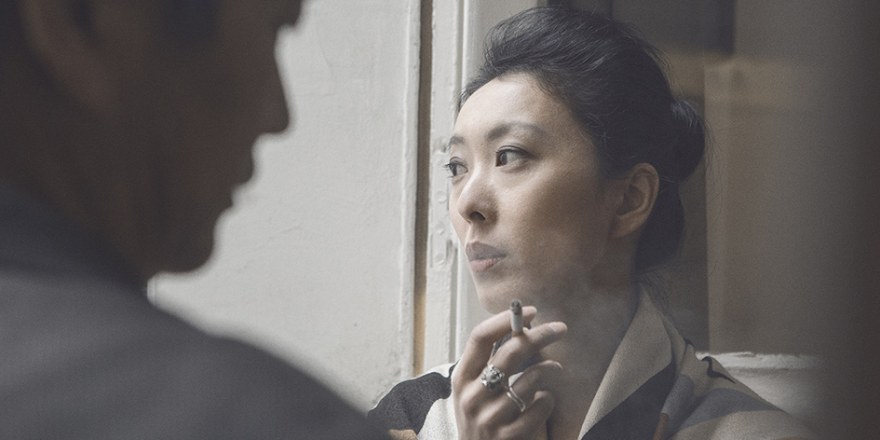Night cap with Ce qui nous éloigne (What Separates Us)
Interview with Wei Hu, director of Ce qui nous éloigne (What Separates Us)
Why did you want to depict such a strong bond in your film?
I let instinct and my own sensibilities play a large part in the choice of my topics. One thing that is special about cinema is the access it gives to the promiscuousness of being. That is where reality and fantasy meet and complete each other. In life, we do not necessarily have the chance to observe the relations between people close up, or to detail their way of communicating. Films allow us to dig deeper into intimacy, and for me that is what is essential and important.
Where did you get the idea of putting them in a “self-consciousness” seminar?
For that, I specifically wanted the action to take place at the end of Camille’s biological parents’ stay in France. We assume that Camille, just like her parents, has imagined several scenarios for their reunion that are filled with a variety of emotions. We imagine that this emotional climax has already occurred by their first meeting, their first supper, the first answers to the first questions they’ve naturally asked. When we come into the story, those scenes have already taken place. We’re at the stage where they’re preparing to leave. The characters share an umpteenth moment together. All of these aspects of their departure tend towards a state of “self-consciousness”, making the meeting of these two cultures more intimate.
You explore the lines between independence and selfishness, emancipation and renunciation, interruption and desertion. Why did these lines interest you?
Ever day in my life, I explore the lines between Chinese culture, the culture of my origins, and the French culture that I’ve experienced since I’ve been living here. My artistic expression is inseparable from that prerogative. It’s what feeds my work and my desire to explore different boundaries of whatever type.
You also question the impact of certain choices on an individual’s life. What interested you about these “transitional” moments? And did you imagine what happened to your characters after this story?
I like to think of a short film as a fragment of life, without any real beginning or end but which encourages us to imagine the before and after. Like an allegory of life, very much like the writings of Raymond Carver where the stories always unveil a wondrous emotion but end before they’ve been able to start. All that they leave us with is a fascination, a solitary tool, lingering with the power of our imagination.
Any cinematic coups de cœur in the past year you’d like to tell us about?
My coup de cœur this year is a very old film that I’d already seen, Eustache’s The Mother and the Whore.
If you’ve already been to Clermont-Ferrand, could you share with us an anecdote from the festival? If not, what are your expectations for this year?
I have no better anecdote than the fact of having won the Grand Prix for my first film, The Butter Lamp, in 2013. That will always be a special memory for me.
Ce qui nous éloigne is being shown in National Competition F7.








